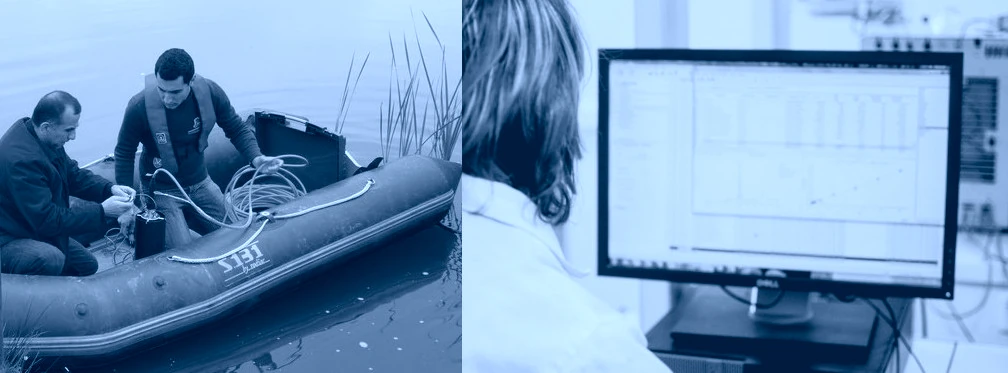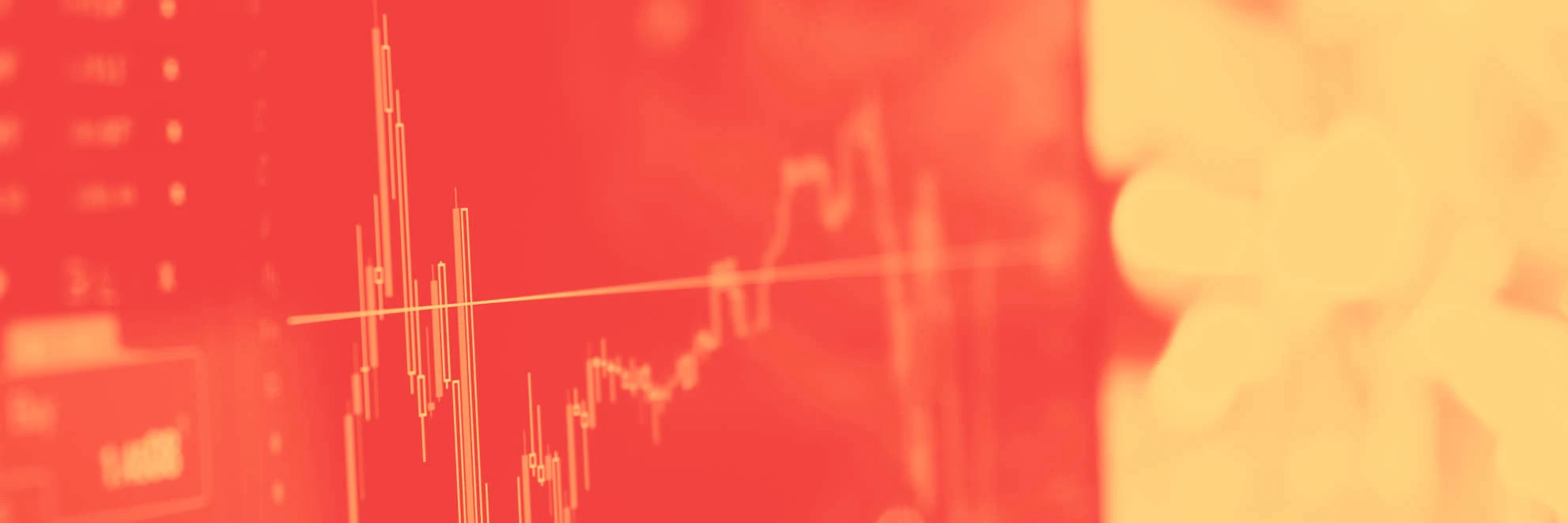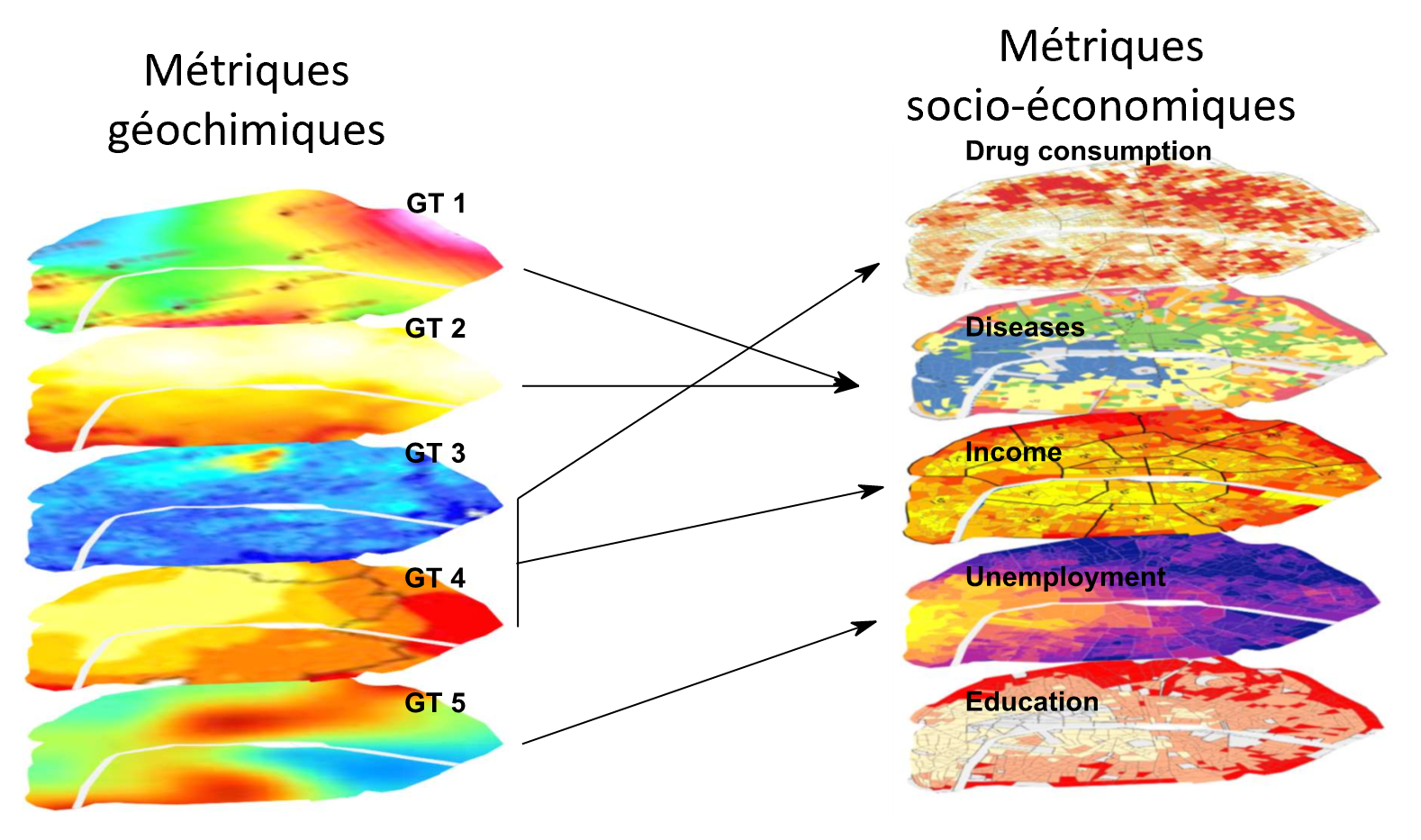Recent publications
936.
- titre
- Assessing water quality restoration measures in Lake Pampulha (Brazil) through remote sensing imagery
- auteur
- Alexandre Assunção, Talita Silva, Lino de Carvalho, Brigitte Vinçon-Leite
- article
- Environmental Science and Pollution Research, 2025, ⟨10.1007/s11356-025-35914-6⟩
- titre
- Do suspended particles matter for wastewater-based epidemiology?
- auteur
- Gauthier Bernier-Turpin, Régis Moilleron, Chloé Cenik, Fabrice Alliot, Sabrina Guérin-Rechdaoui, Thomas Thiebault
- article
- Water Research, In press, 280, pp.123543. ⟨10.1016/j.watres.2025.123543⟩
- titre
- Plastic debris dataset on the Seine riverbanks: up to 38 000 pre-production plastic pellets reported per square meter
- auteur
- Romain Tramoy, Laurent Colasse, Johnny Gasperi, Bruno Tassin
- article
- Data in Brief, 2025, pp.111735. ⟨10.1016/j.dib.2025.111735⟩
- titre
- La persistance des champs d’épandage d’eaux usées de l’agglomération parisienne au cours du second XXe siècle
- auteur
- Etienne Dufour
- article
- Métropolitiques, 2025, ⟨10.56698/metropolitiques.2174⟩
- titre
- Stock and vertical distribution of microplastics and tire and road wear particles into the soils of a high-traffic roadside biofiltration swale
- auteur
- Max Beaurepaire, Tiago de Oliveira, Johnny Gasperi, Romain Tramoy, Mohamed Saad, Bruno Tassin, Rachid Dris
- article
- Environmental Pollution, 2025, 373, pp.126092. ⟨10.1016/j.envpol.2025.126092⟩
presentation of the research program EGOUT: "Extended Geochemical Observation of Urban Trajectories"
published on , updated on
Years: 2022 - 2025
Name: Extended Geochemical Observation of Urban Trajectories
Acronym: EGOUT
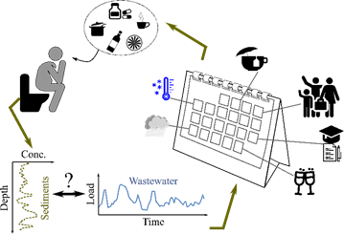
Partners:
Summary
Nutrition, health, well-being… How can we get policy relevant and multi-thematic information on the typology and evolution of urban systems? Polls, surveys, census and… sewers!
Inspired by latests developments in Sewage Chemical-Information Mining, and consolidated by our recent successes, the EGOUT project aims at developing an objective, reactive and integrated observatory of the evolution of Paris by monitoring a large array of geochemical indicators and confront them to socio-economic metrics. We will produce maps of geochemical heterogeneities that will be analysed in the light of socio-economic. We will monitor the evolution of selected indicators to track socio-economic trajectories. Citizens, public policymakers and practitioner’s involvement will be ensured through a co-design and a participatory research action process.
Goal
Develop an observatory of practices of the Paris population based on the geochemistry of matters transported and accumulated in sewer networks.
Methodology
WP1: Spatial distribution and definition of new indicators
- Reference state
- Map of geochemical inequalities
- Comparison to socio-economical maps
- Definition of new indicators of the urban metabolism
- Determine weaknesses
- Urban planning tools
WP2: Interventional research with citizens
- Implication of citizens
- Evaluation of involvement, actors, levers of commitment
- Better understanding of the dynamics of matters
WP3: Temporal trajectories
- Geochemical trends in urban waters
- Retro-observation on sediments accumulated in sewers
- Warning systems
- Socio-environmental control acting on matter fluxes

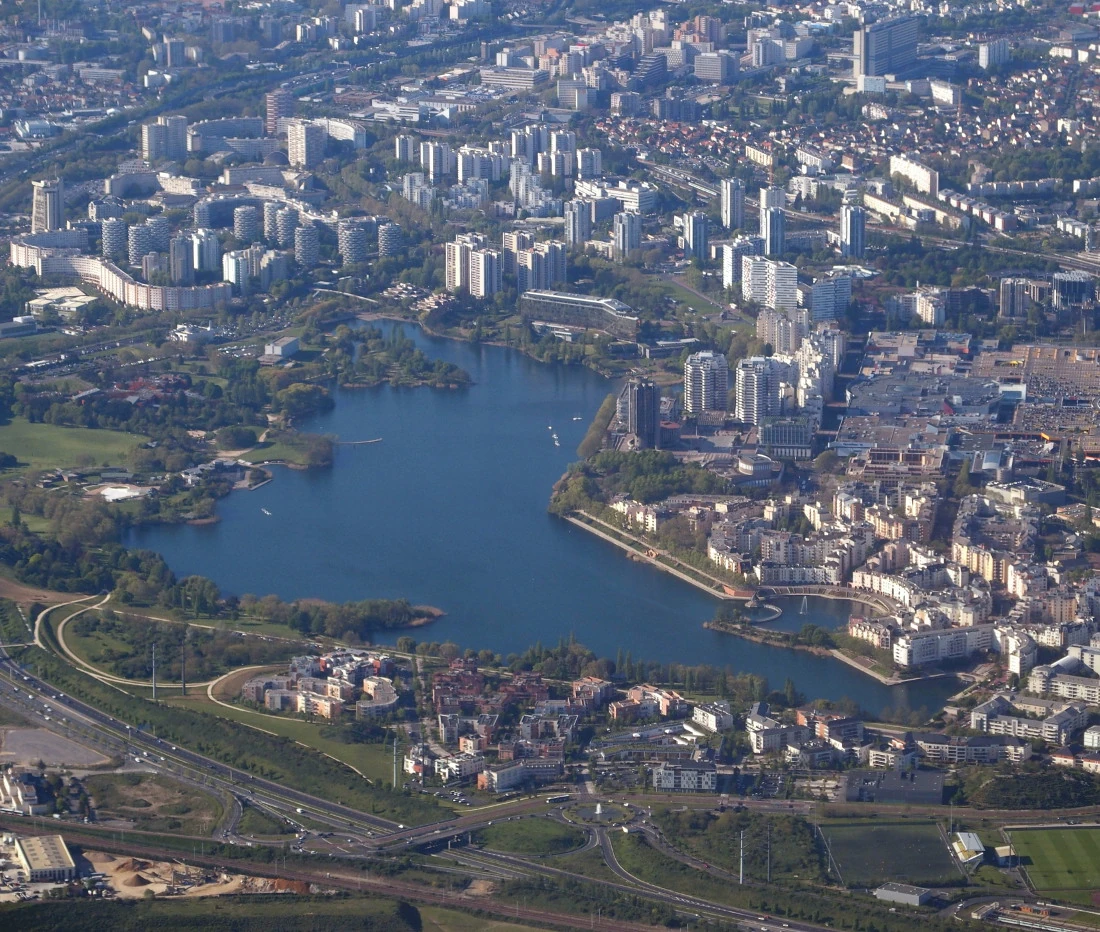




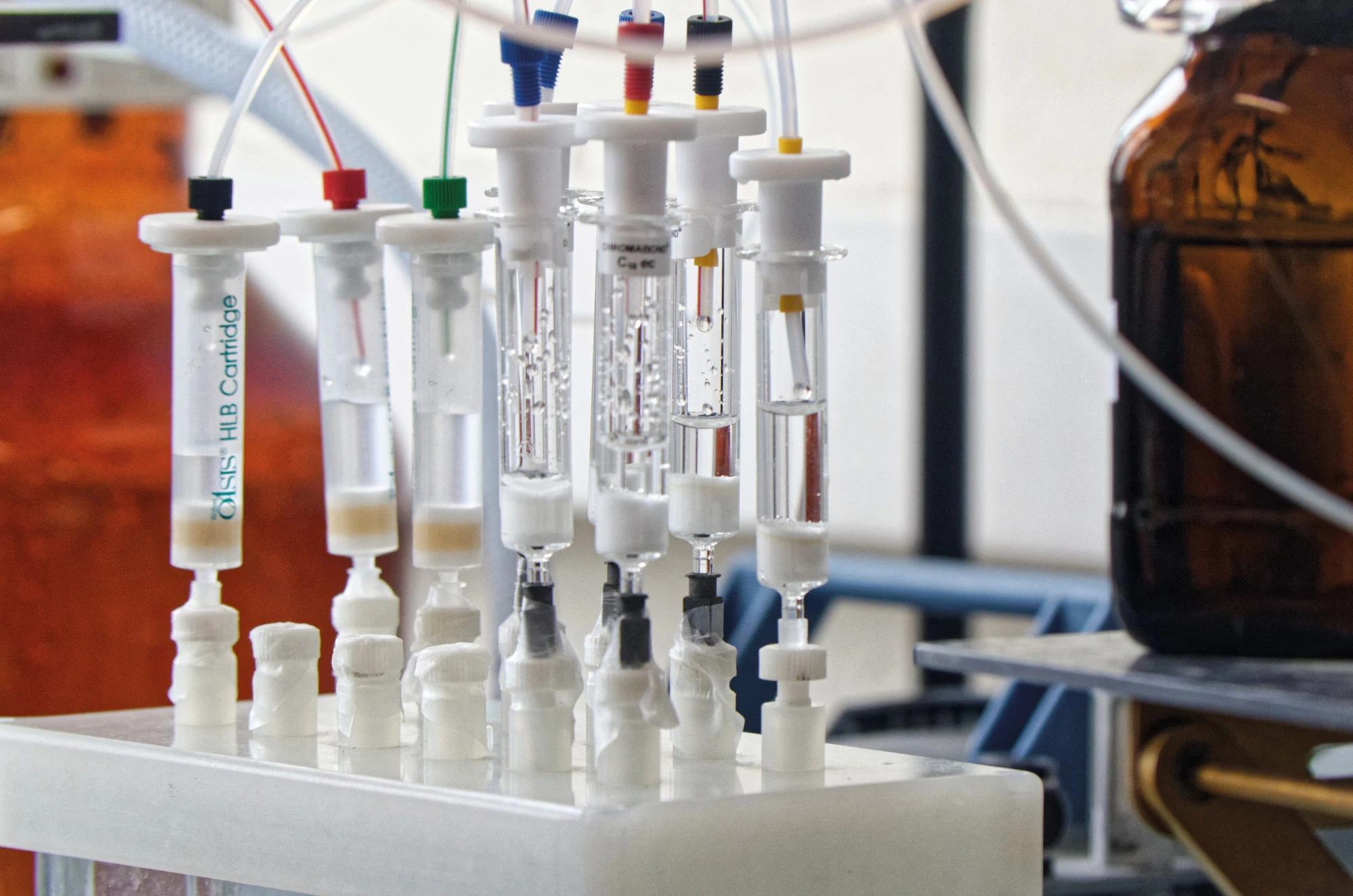
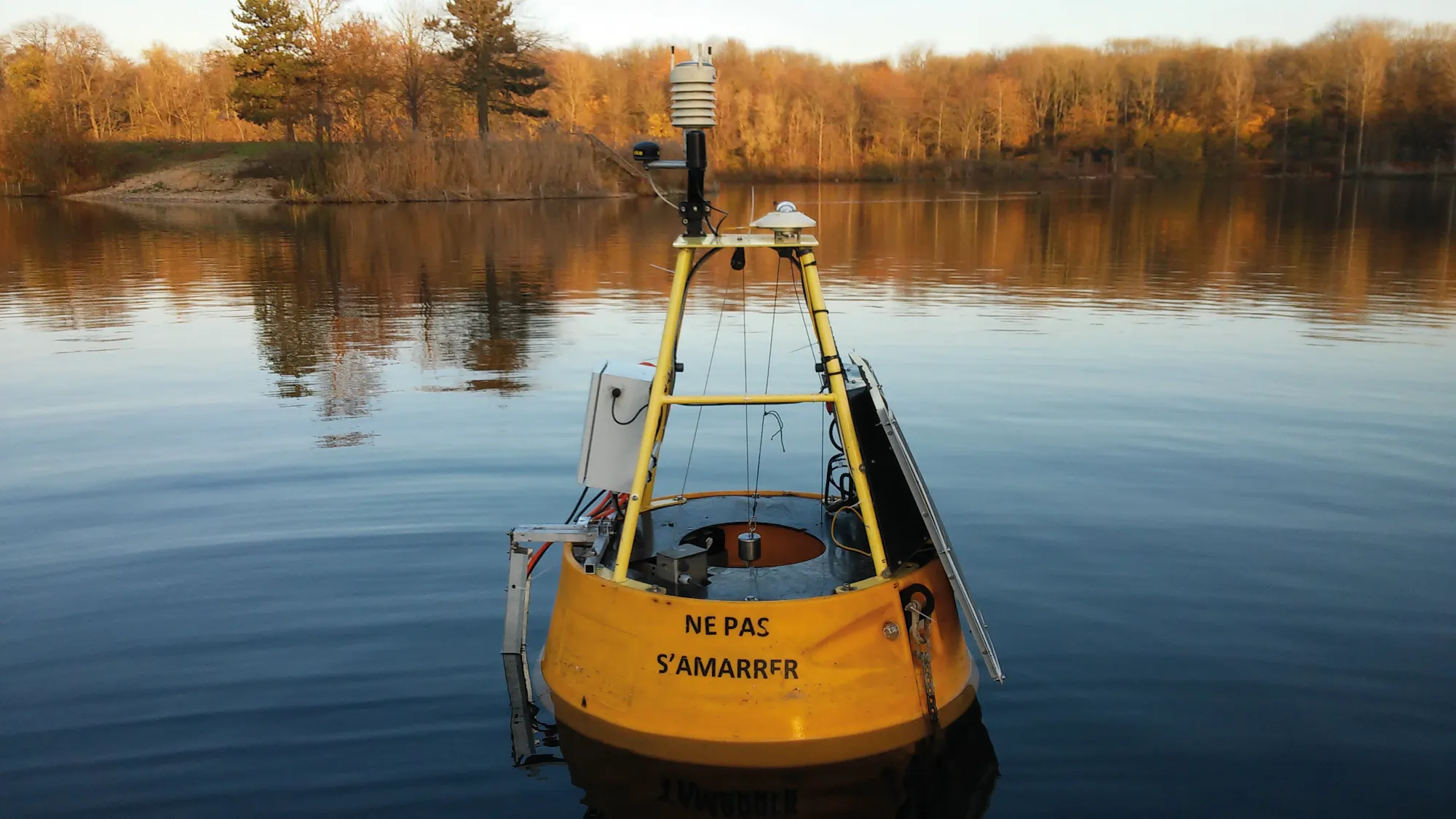
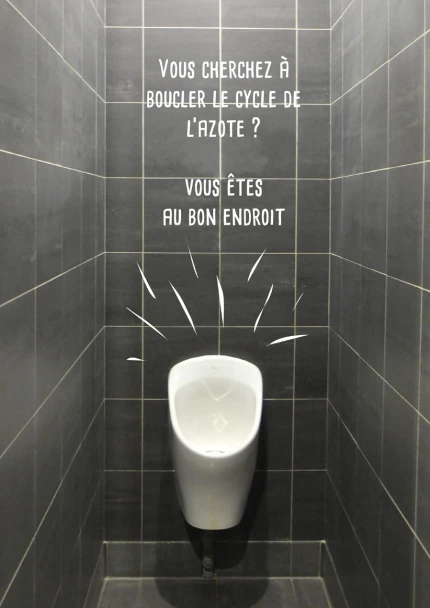
 Scientific production
Scientific production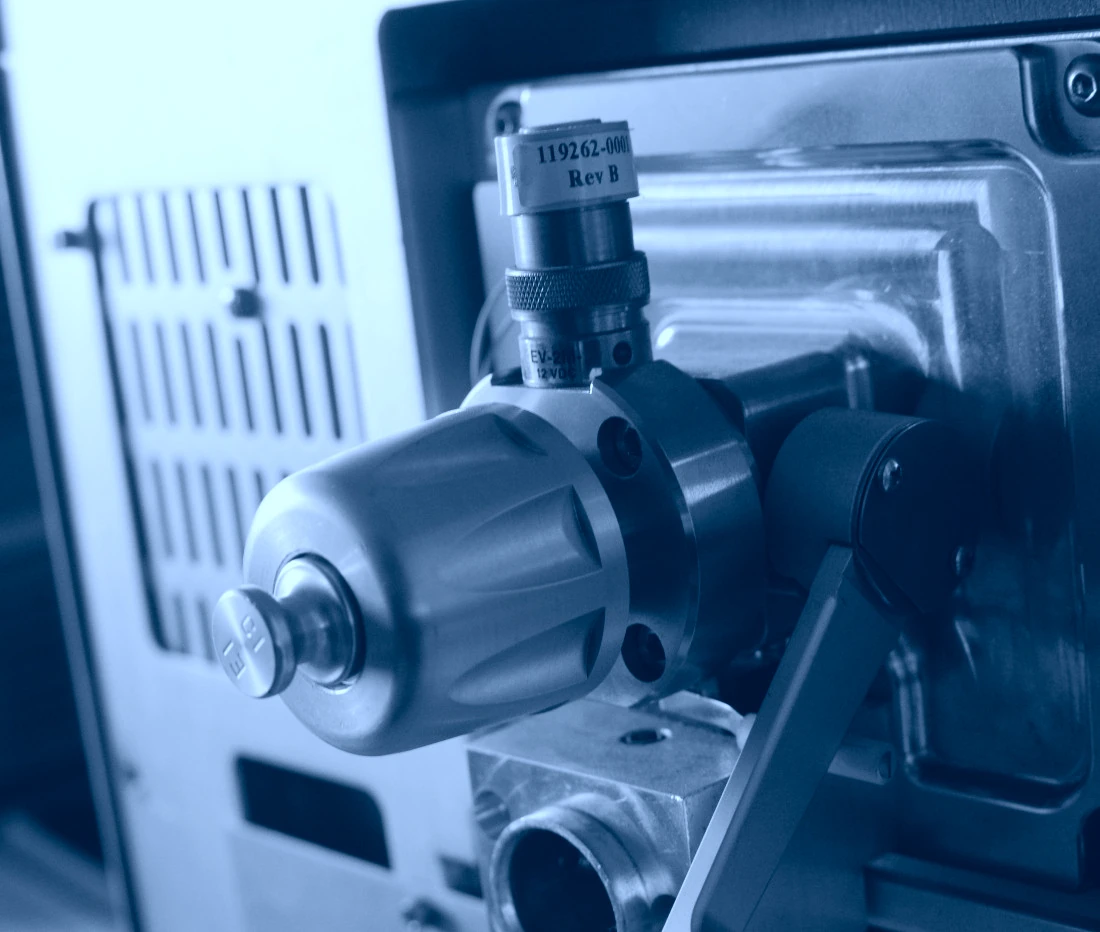 Technical resources and equipment
Technical resources and equipment Expertise and disciplines
Expertise and disciplines
